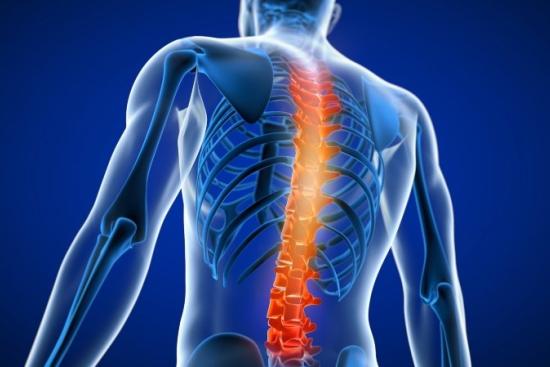The spine, located beneath the thorax, is made up of a series of bones called vertebrae. With age, trauma, or certain medical conditions, these structures can become deformed or compressed, leading to chronic back or neck pain, numbness, or even motor disorders.
While medication can help relieve mild symptoms, more severe cases often require surgical intervention.
Spinal surgery performed in Turkey now offers very promising results, thanks to advanced techniques and personalized care.







